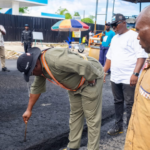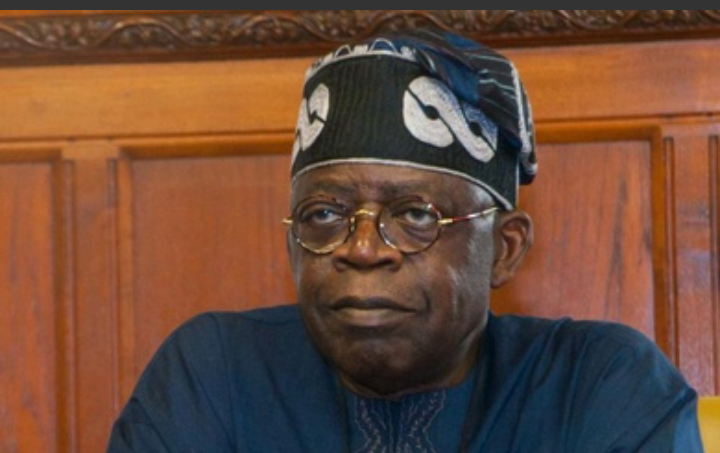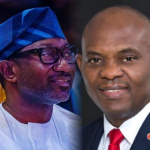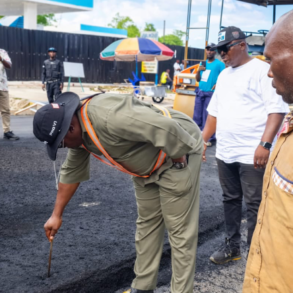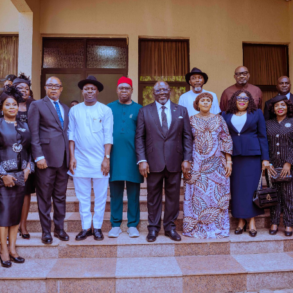By TONY EKE –
Proposing palliative measures to address the sufferings of the most vulnerable and poor households in Nigeria is ordinarily not a bad idea arising from the removal of fuel subsidy since May 29 when President Bola Ahmed Tinubu announced its discontinuation. Indications in government circles suggest that the sum of N500 billion would be set aside from an anticipated $800million World Bank loan to pay N8,000 each to 12 million families for six months.
It looks a bit good on the surface given the beneficial import of such payouts to those impoverished Nigerians. To a class of people mired in poverty and evidently without means of livelihood, the monthly receipt of free cash even as low as that figure, means a lot in today’s Nigeria where survival has become the dominant theme of group discourses. The pangs of poverty may look strange to the haves hence it would take a prior experiential background of an individual to appreciate the pitiable situation of our compatriots that are condemned to live a life of want, severe lack and sheer deprivation.
Yet, certain aspects of the palliative initiative make the entire proposal not well-thought-out despite the apparent joy it would bring to this small group of persons. What is disconcerting is the choice of 12 million people in a country where almost two-thirds of the population are described as pitiably poor, using known economic indices. Basic facts corroborate this standpoint. In 2022, a total of 133 million Nigerians was categorised as multi-dimentionally poor by the National Bureau of Statistics (NBC), and with the growing economic hardship, more citizens had joined the unenviable club since then. If only 12 million Nigerians are eventually chosen what then happens to the rest?
Assuming but without conceding to the necessity of this initiative, the process of selecting the target beneficiaries will be an issue as the incumbent government will likely use the same inchoate template deployed by the Buhari administration’s Conditional Cash Transfer(CCT) of N5,000 from 2017 to early 2023. Save for some states in the northern part, the intervention fund was seen as not real and representative particularly in Delta State where most persons did not see someone they knew or anyone known to someone they knew that benefitted from it. The question: Will the beneficiaries be taken from amongst the urban or rural poor?
Another aspect has to do with the figure itself. While it will appeal to the lowliest group of have-nots for obvious reasons, it cannot in any way cushion the difficulties they are going through at the present time.
With our beloved naira lying prostrate before global currencies, the sum of N8,000 is slightly worthier than the papers on which it’s printed! That figure is too paltry to make an impact on a family of five even for a week, unless they choose to soak gari for that period! Of what use is it to create further problems for persons whose vulnerable condition such intervention is meant to alleviate?
So far, the aggregate opinions of the citizens point to a total rejection of the subsidy measure. In interrogating the people’s responses, the general untrustworthiness of successive governments exacerbated by the collective experience under the former Buhari administration justifies such opposition.
It’s more plausible for the Federal Government to devise a holistic approach and embrace a wider initiative to cater to the needs of Nigerians across the widest spectrum. Initiating programmes in the health sector and transportation sectors deserve urgent consideration.
For instance, establishing health centres in each ward and equipping same with drugs will democratise healthcare delivery in the same way that flooding the 36 states with mass transit vehicles will enhance citizens’ mobility at reduced fares.


